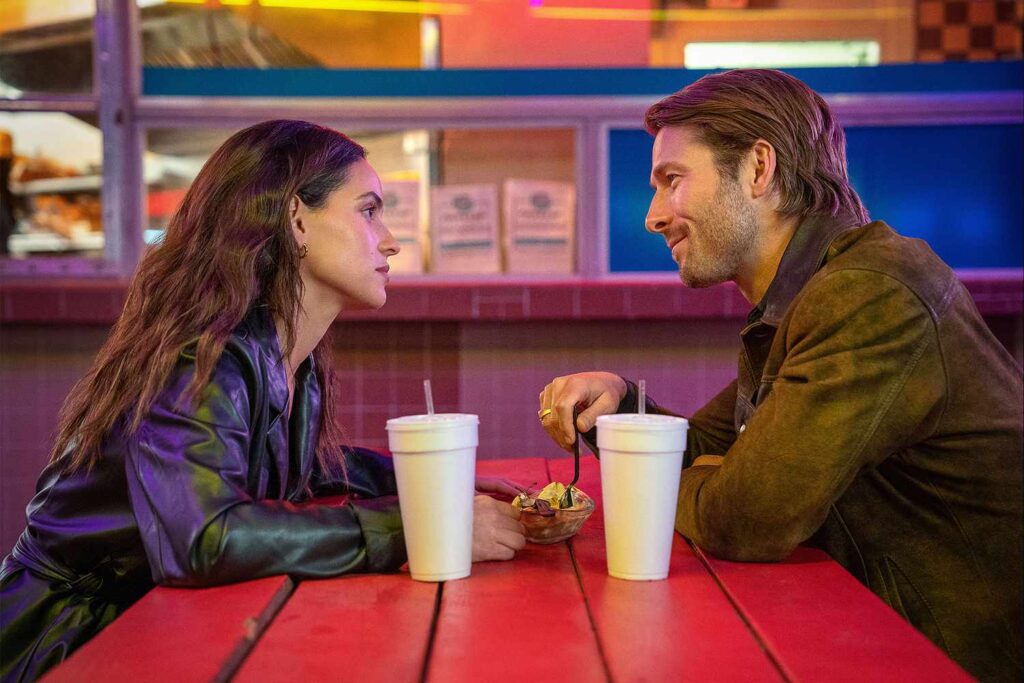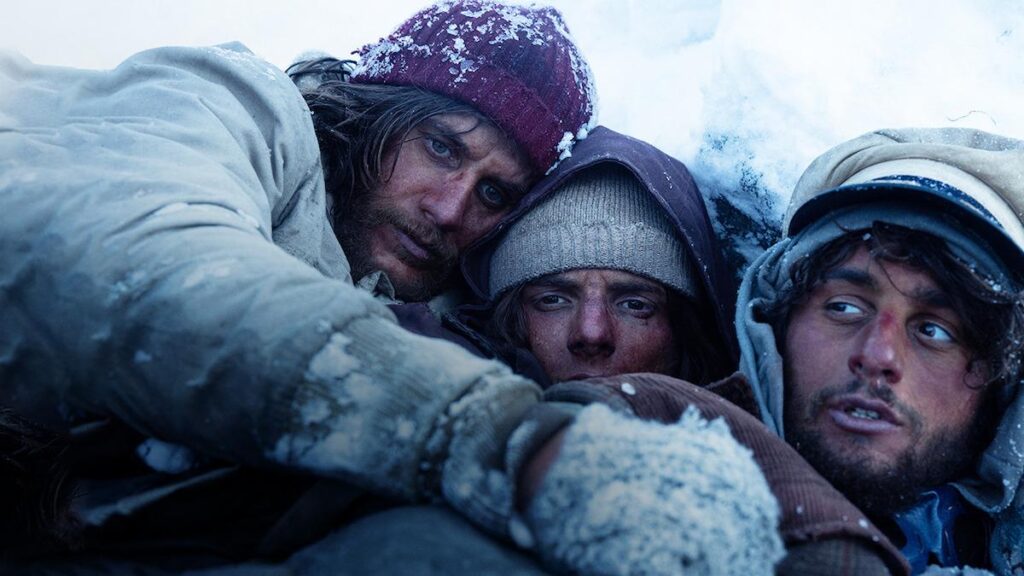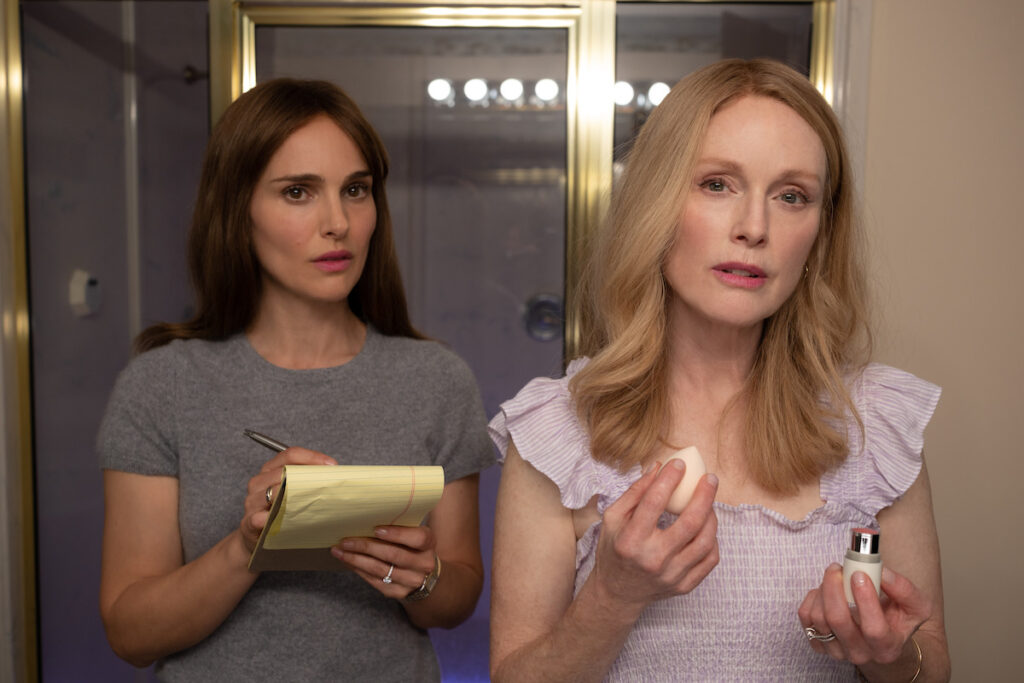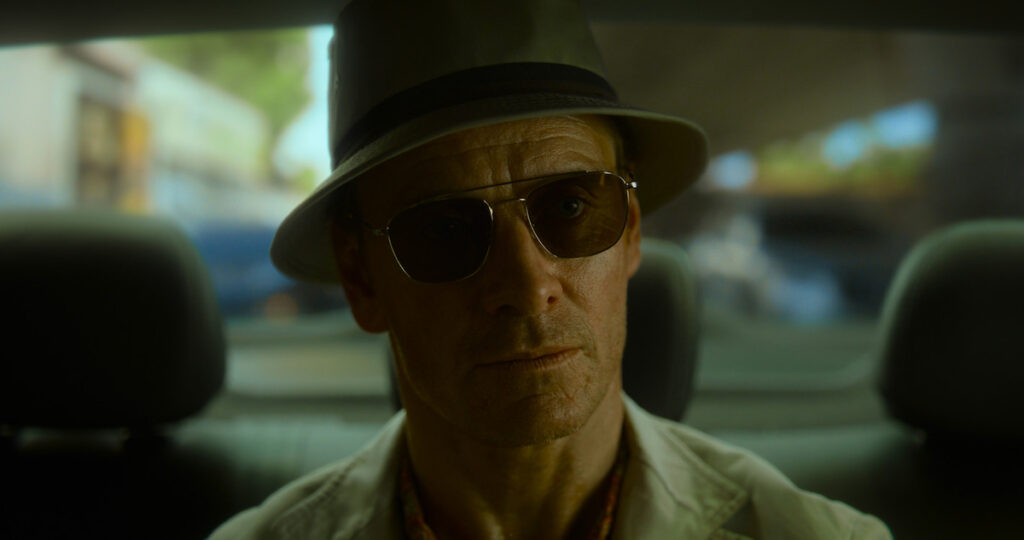Rebel Ridge: Duck the Police
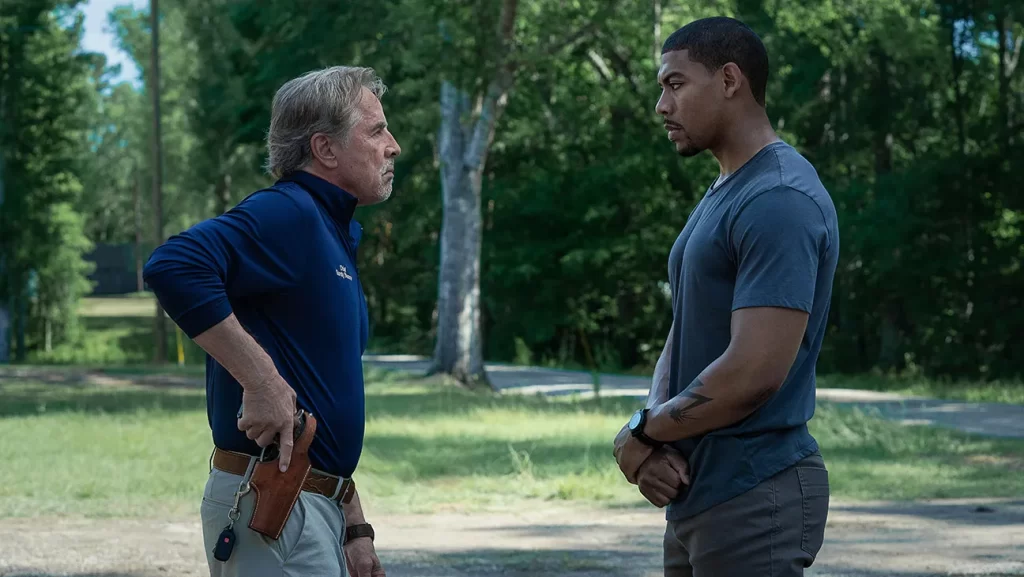
Up until now, Jeremy Saulnier has been something of an “Imagine if” filmmaker. Whether centering on a hapless schmo embroiled in a deadly noir (Blue Ruin) or a punk-rock band trapped by bloodthirsty Nazis (Green Room), his movies have thrust ordinary people into impossible situations, forcing you to contemplate how you might respond in such drastic scenarios. With Rebel Ridge, he attempts to heighten both sides of his unbalanced equation while retaining the same fundamental sense of helplessness. The hero here is the opposite of an everyman; he’s smart, determined, and physically gifted. But he’s still the underdog, because the foe he’s facing is no less than the very institution of American policing.
The chief pleasure of Rebel Ridge is how it packages its big ideas—about racism, class entrenchment, and state-sanctioned violence—into a story that’s small-scale and tidy. Well, initially; as the film progresses, its thematic ambitions grow broader, which has the paradoxical effect of diminishing its boldness. Still, even if Saulnier isn’t always in full control of his thornier ideas, he remains in complete command of his immediate environment. As a polemic, Rebel Ridge is provocative but also uneven; as an action movie, it’s terrific. Read More

